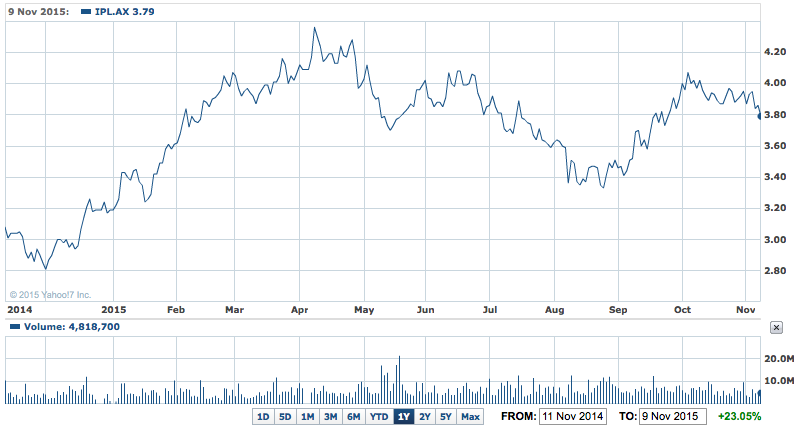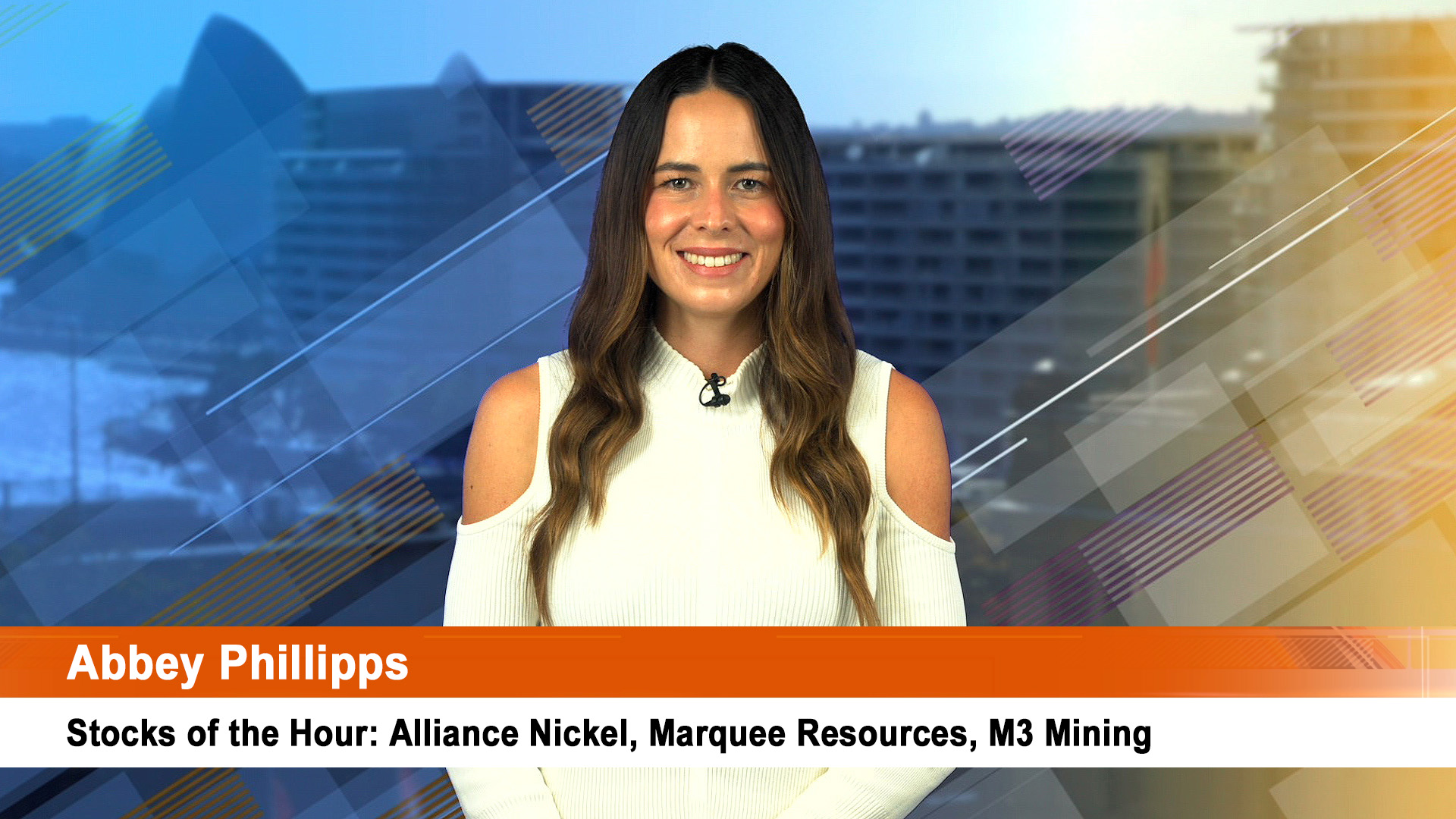A solid 2014-15 result and a lift in dividend was not enough to convince grumpy investors that Incitec Pivot (IPL) shares were worth chasing in yesterday’s weak market.
The shares fell 1.3% to $3.74 as investors focused on the use of the word “challenging” in the brief 2016 outlook comment from CEO James Fazzino. But the closing price was better than the 4% fall in early trading. Perhaps there’s some reassessment going on by investors.
The CEO was quoted as saying that he expected that the challenging market conditions for the resources and agricultural industries would persist.
“However, I expect this to be balanced through the continued contribution of our people through BEx (the company’s business cost cutting program) with sustainable improvement in productivity and manufacturing reliability,” he said. “Beyond 2016, we have production from the Louisiana ammonia plant which will transform our DNA business,” Mr Fazzino said.
The higher final dividend and full year payout was also not seen as a reason to support the shares. The company will pay an unfranked final dividend of 7.4 cents a share, up from 7.3 cents a year earlier. Combined with the interim dividend of 4.4 cents a share, Incitec Pivot’s full-year payout is 11.8 cents, an increase on the previous year’s 10.8 cents.
Nor was the way the weaker Australian dollar benefited the company’s performance (helping boost profit 61%) seen as a positive (analysts were arguing that it had already been anticipated).
IPL 1Y – Incitec Pivot lifts FY profit, dividend

The fertiliser and explosives maker posted a net profit of $398.6 million for the year to September 30, up more than 61% from 2013-14.
Excluding the $130 million of asset write-downs from the previous year’s figure, the actual performance was a more sedate 12%.
Net profit after tax and excluding material items was up 11.9% on an 8.7% jump in revenue to $3.643 billion.
Mr Fazzino said in a statement the result was a solid one at a time when the company’s customers in the resources and agricultural industries have been “severely challenged by cyclical downturns and external influences”.
He noted that earnings before interest and taxation (EBIT) from fertilisers was up 22% while explosives EBIT grew 1% as the company, like so many other suppliers, was hit by the downturn in the resources sector, especially coal and iron ore mining.
“To have produced double-digit profit growth in this environment is a result of our successful strategy and our commitment to risk management, and is a tribute to our people,” Mr Fazzino said.













